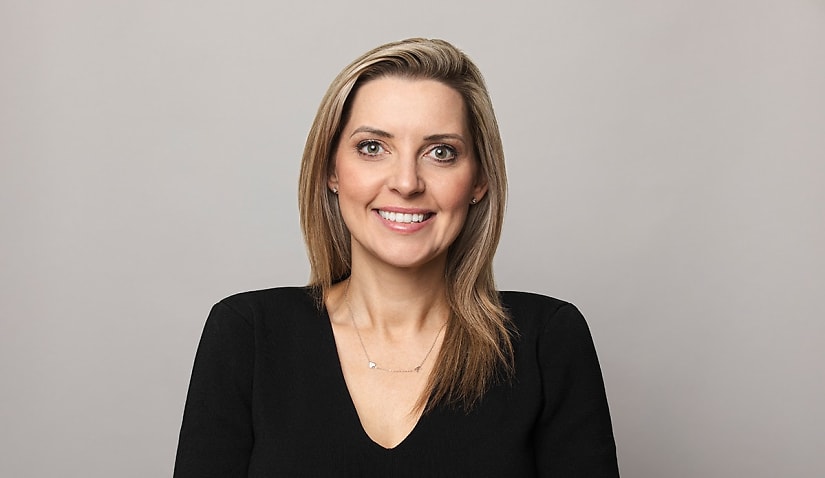In legal services, client experience (CX) has firmly taken its place as a critical business priority, but it is still largely misunderstood, writes Kim Wiegand.

Yes, firms delivering outstanding CX are more likely to earn referrals, win additional work, and even command a price premium. That’s well established. However, there is a misalignment with investment and prioritisation. Most firms are still focusing on the “onstage” moments, i.e. the touchpoints with the client, without giving enough thought to what’s happening behind the scenes, i.e. backstage.
And this is exactly where operational maturity becomes the real game changer, any sustainable differentiator.
When we talk about CX operational maturity, we’re really talking about a firm’s ability to consistently deliver great client experiences through well-designed, sustainable, and scalable processes. In the early stages, many firms rely on individual partners or departments doing their own thing, often brilliantly but inconsistently. Investment goes into learning and organisational development (L&OD) for client conversation and BD training. All-important but one-dimensional.
As firms mature, they extend to start integrating client feedback across the firm, investing in technology that smooths the entire journey, and building a true client-centric culture.
In a fully mature firm, CX isn’t just a marketing tagline; it’s how decisions are made, how teams are structured, how technology is deployed, and how success is ultimately measured.
Truthfully, most law firms are not there yet.
The mindset is still very much about the “performance”, concentrating on the big client moments, the proposals, the meetings, the outcomes. These are important, no doubt, not at the expense of overlooking the “backstage”: the systems, the processes, and the workflows that either empower those moments or undermine them. It is this operational focus that enables a truly sustainable and scalable approach to matching your clients’ evolving expectations. This is the differentiator that will continue to pay dividends.
And in today’s world, clients notice everything. They expect faster, better, easier, and more personalised service. They don’t just want a smooth meeting, they want a seamless, professional experience from first proactive engagement to final invoice and beyond.
As one global legal services client put to me recently: “I expect your technology investments – especially AI – to not just make you more efficient, but to make the experience and advice you deliver to me better. Don’t use it to cut corners. Use it to make my life easier.”
Many firms are still a long way from that mindset, but the evidence to support it is outstanding:
The lesson? CX is more than the onstage performance. It includes the backstage operations, which enable the performance to have impact and deliver on your clients’ expectations of service. You can’t fake operational maturity. Processes like automated onboarding, integrated communications, real-time feedback loops, and smart use of CRMs are critical elements of how a client experiences your firm’s reliability, commerciality, and care.
We need to shift the mindset: from thinking about CX as a series of isolated client touchpoints owned by BD and partners to understanding it as a coordinated and whole-of-firm capability. It’s about leadership embedding CX into strategy. It’s about using technology for the client’s benefit, not just for internal efficiency. It’s about being obsessed and confident in seeking your key client’s input on your firm and operations. It’s about turning feedback into genuine service redesign, not just marketing headlines. Feedback is pure gold if you’re willing to act on it.
As Forbes puts it: “Operations is the heart of a great client experience.”
At the end of the day, clients may only see your performance, but they feel your systems, your culture, your alignment or lack of it through the onstage performance of your people. Operational maturity isn’t just a “back-office” issue; it’s the foundation of trust, loyalty, and sustainable growth.
If we want to truly differentiate our firms, it’s time to lift the curtain.
Kim Wiegand is the founder of Julip Advisory.